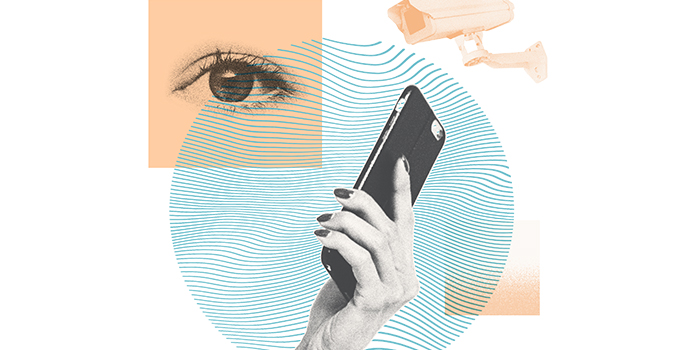Email Privacy
The ACLU works in courts, legislatures, and communities to defend and preserve the individual rights and liberties that the Constitution and the laws of the United States guarantee everyone in this country.

Stay informed about our latest work in Email Privacy.
By completing this form, I agree to receive occasional emails per the terms of the ACLU's privacy statement.
The Latest
Explore More
What's at Stake
In the Fourth Amendment to the U.S. Constitution, the founding fathers recognized that citizens in a democracy need privacy for their “persons, houses, papers, and effects.” That remains as true as ever, but our privacy laws have not kept up as technology has changed the way we hold information. Thomas Jefferson knew the letters he stored in his office at Monticello would remain private. Today’s citizens deserve no less protection just because their “papers and effects” might be stored electronically.
Unfortunately, the main law governing the privacy of electronic communication—the Electronic Communications Privacy Act (ECPA)—was written in 1986, three years before the Web was even invented, and it is in sore need of an update. The ACLU is working hard in Washington, D.C., to press Congress to update this law and preserve the degree of privacy that Americans have always expected, despite changing technology.
In the Fourth Amendment to the U.S. Constitution, the founding fathers recognized that citizens in a democracy need privacy for their “persons, houses, papers, and effects.” That remains as true as ever, but our privacy laws have not kept up as technology has changed the way we hold information. Thomas Jefferson knew the letters he stored in his office at Monticello would remain private. Today’s citizens deserve no less protection just because their “papers and effects” might be stored electronically.
Unfortunately, the main law governing the privacy of electronic communication—the Electronic Communications Privacy Act (ECPA)—was written in 1986, three years before the Web was even invented, and it is in sore need of an update. The ACLU is working hard in Washington, D.C., to press Congress to update this law and preserve the degree of privacy that Americans have always expected, despite changing technology.



